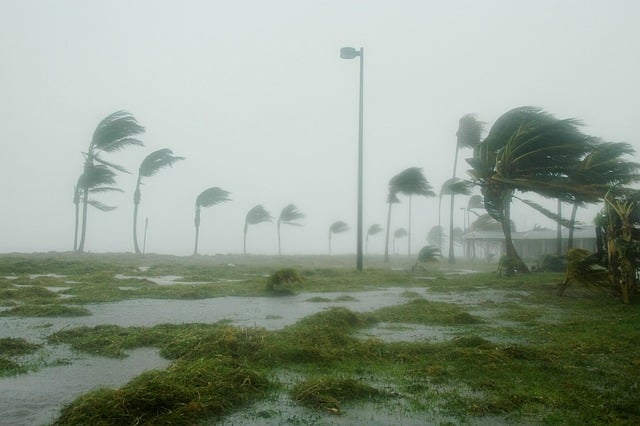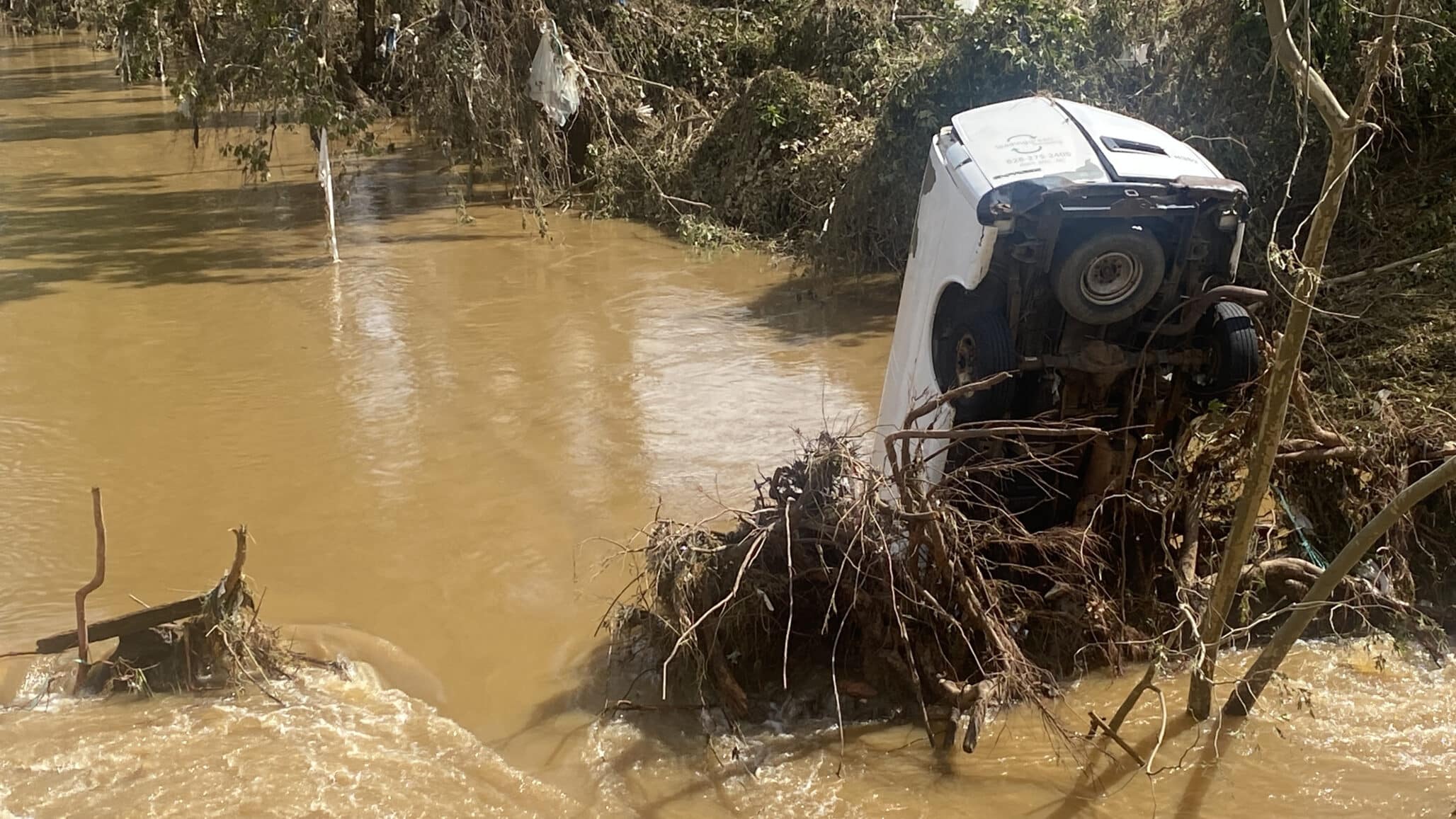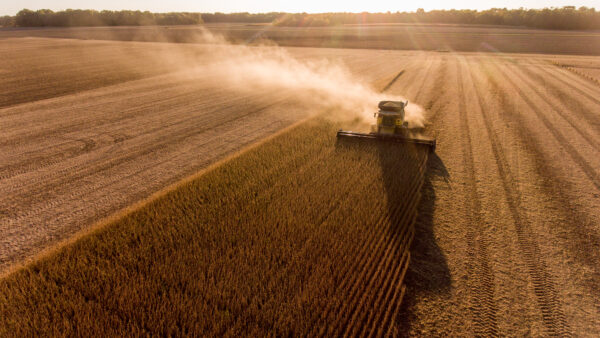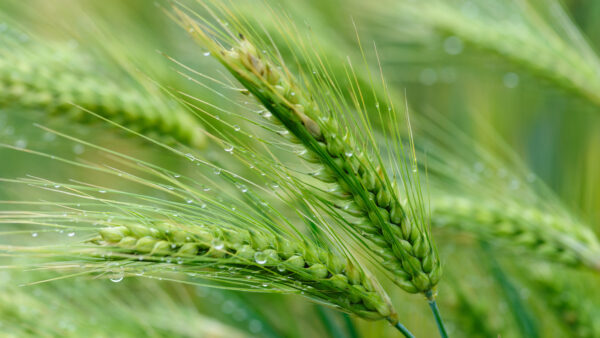Although most of the attention has been on North Carolina, Tennessee and Florida, Virginia had big impacts from Hurricane Helene.
Damages from Hurricane Helene to farms and agricultural operations in Southwest Virginia may exceed $125 million, as estimated by the Virginia Cooperative Extension.
The preliminary assessment stems from the efforts of Extension agents in 16 of the hardest-hit counties. In the week following the September storm, agents have supported their communities by assisting farmers and landowners with damage evaluations. Ongoing timber loss assessments are conducted in collaboration with the Virginia Department of Forestry, and total damage figures are anticipated to increase as new information surfaces.
According to a news release from the Virginia Cooperative Extension Service, the storm inflicted losses on livestock, crops, farm structures, equipment, feed, hay, fences, water cisterns and other property. High winds, flooding and falling trees have compounded the damage, and while cleanup might span several months, the long-term effects could last much longer.
“It’s catastrophic,” Kevin Spurlin, a Cooperative Extension agent and lifelong resident of Grayson County, Virginia, said in the release. “I’m 47 years old, and it’s unlike anything I’ve ever seen. The flooding was unprecedented and caused so much loss.”
Grayson County bears 46% of the region’s total damage, totaling $58 million. Wythe, Carroll, Smyth and Washington counties also face significant losses, ranking in the top five most affected areas.
Spurlin has visited over 30 farms in the past five days, often navigating around debris and floodwaters. He noted that the damage to family farms has been devastating.
“We’re not a big county, but we’re hurting,” he said.
Damage assessments are submitted to local emergency managers and state and federal agencies to help coordinate disaster response. These reports will inform resource allocation and relief funding from state and federal authorities.
“The economic and human toll of this storm is immense,” said Mike Gutter, director of Virginia Cooperative Extension. “We are working in our communities and with our agricultural producers — who constitute the state’s most valuable private industry — to support their recovery in every way possible.”
Virginia Cooperative Extension is also offering resources for those affected by the hurricane. For a continually updated list of relief resources, visit the VCE Hurricane Resources webpage.
Additionally, Extension has partnered with the Virginia Cattlemen’s Association, Virginia Farm Bureau, Virginia Agribusiness Council, and Farm Credit of the Virginias on an Agricultural Relief Program. This initiative helps connect farmers in need with donations of hay, feed, fencing, water, volunteer assistance and other essentials. Opportunities for monetary donations will soon be available.
If you are a Virginia agricultural producer impacted by Hurricane Helene and need supplies or volunteer assistance, please fill out this form.
For those interested in donating supplies or volunteering, please complete this form.
“The generosity of Virginians, those in the agricultural community, and neighbors helping neighbors has been outstanding,” said Dan Goerlich, VCE associate director for Economy, Communit, and Food and coordinator of VCE’s emergency response efforts. “Using these forms is very important to helping support an organized, coordinated response that will ensure donations are connected to those with the most significant and immediate needs.”
From housing and feeding linemen at the Southwest Virginia 4-H Center to gathering donations and supporting neighbors, Virginia Cooperative Extension is working to aid hurricane recovery in Southwest Virginia. Updates and additional resources will be shared as they become available.
Virginia Cooperative Extension, part of Virginia Tech’s College of Agriculture and Life Sciences, operates from 107 local offices, 11 research and extension centers, and six 4-H centers across the state. Extension agents, specialists, and volunteers support businesses, educate youth and adults, and promote responsible resource management throughout the commonwealth












